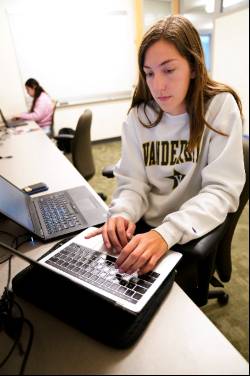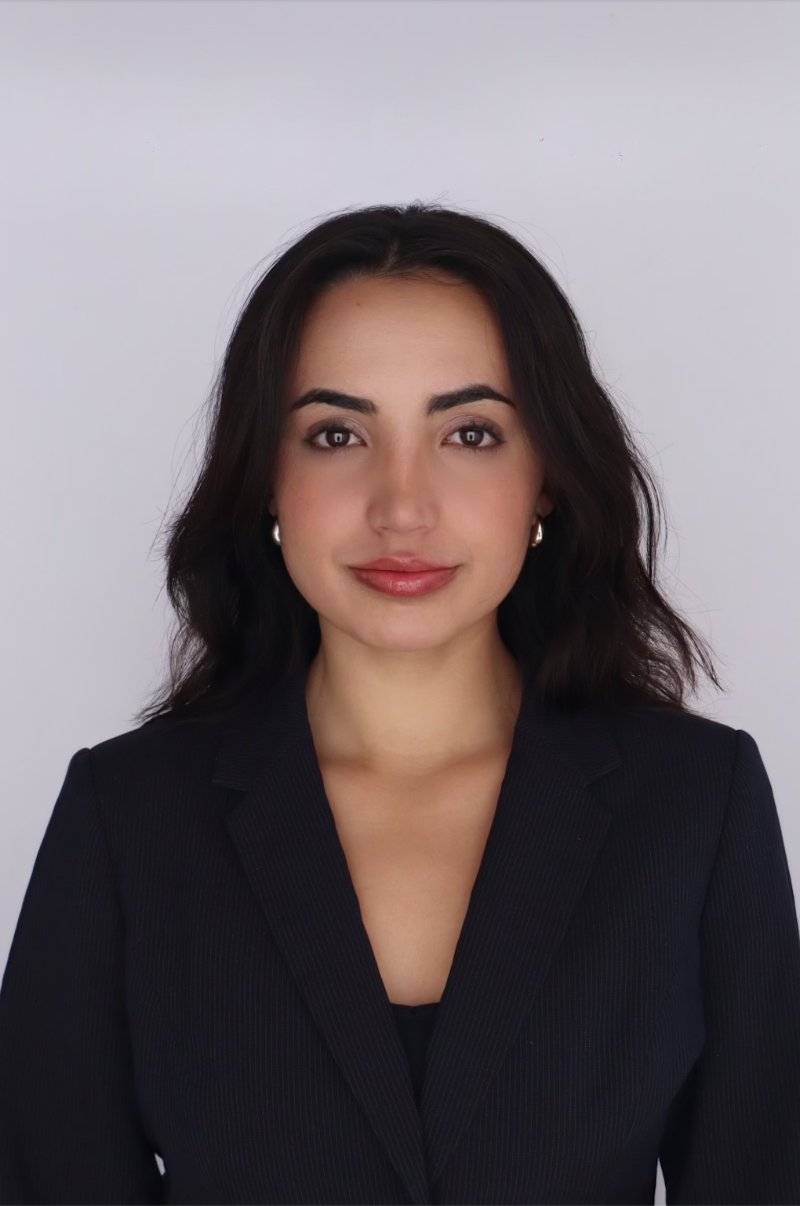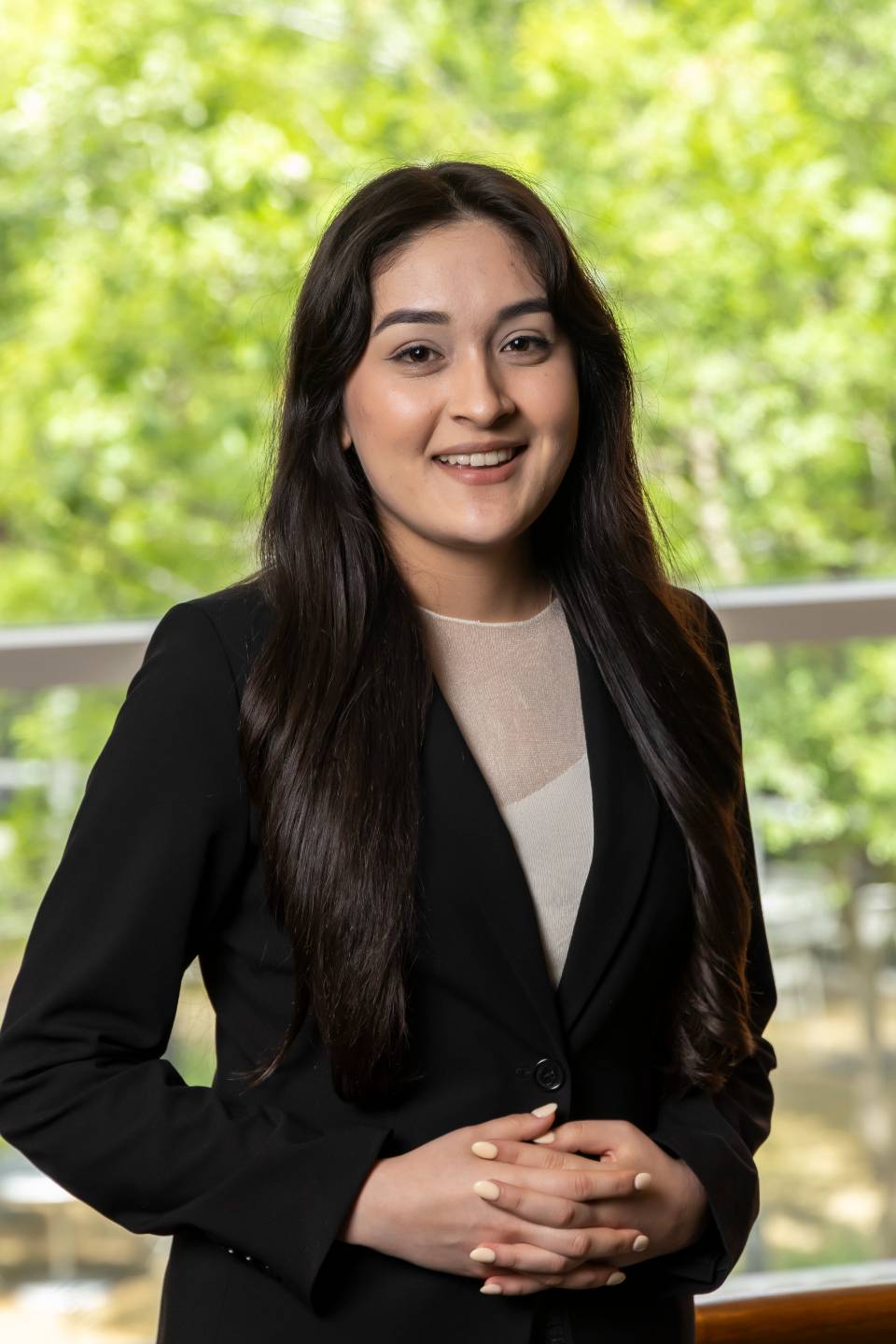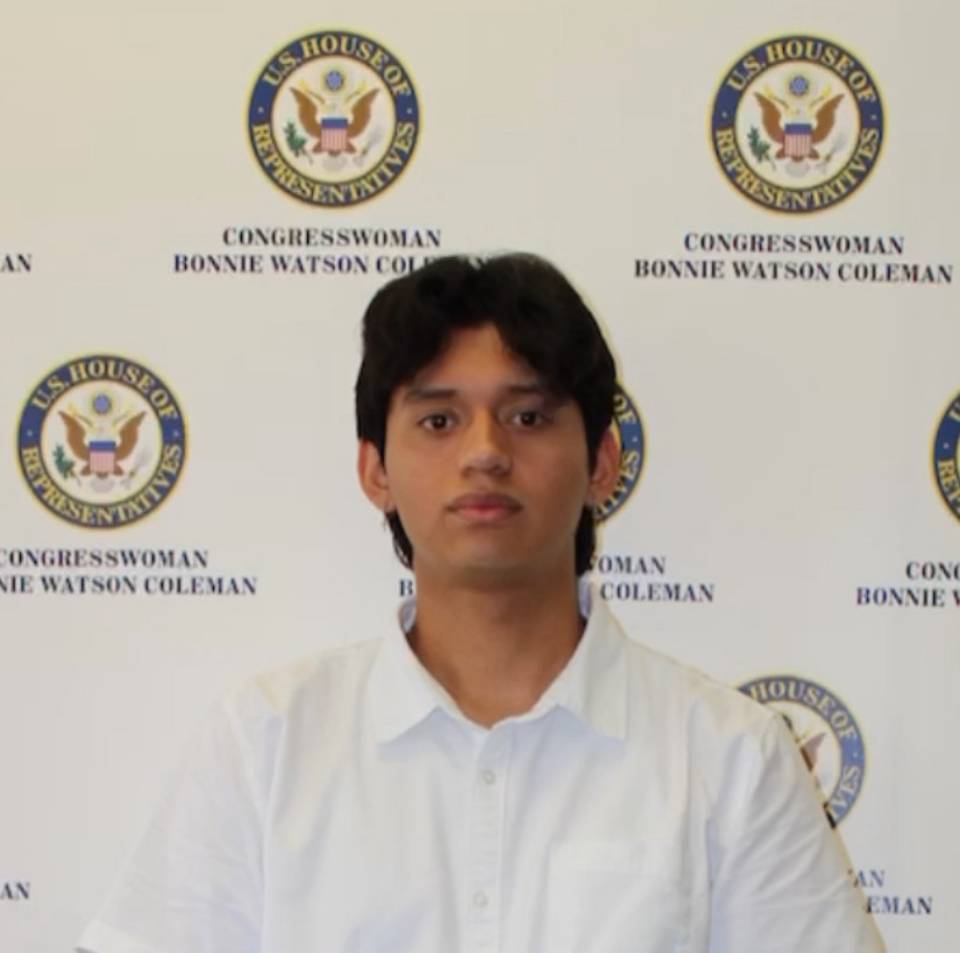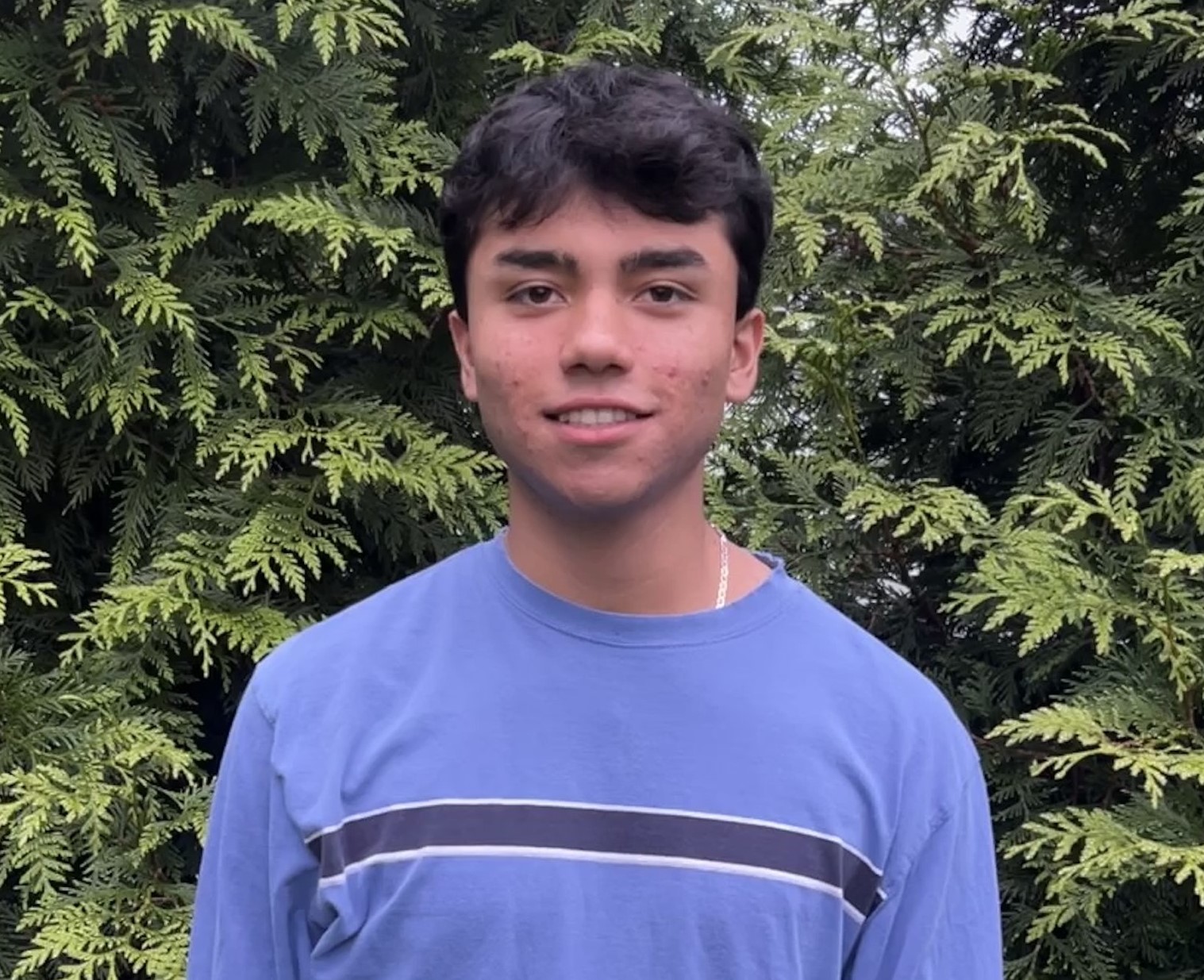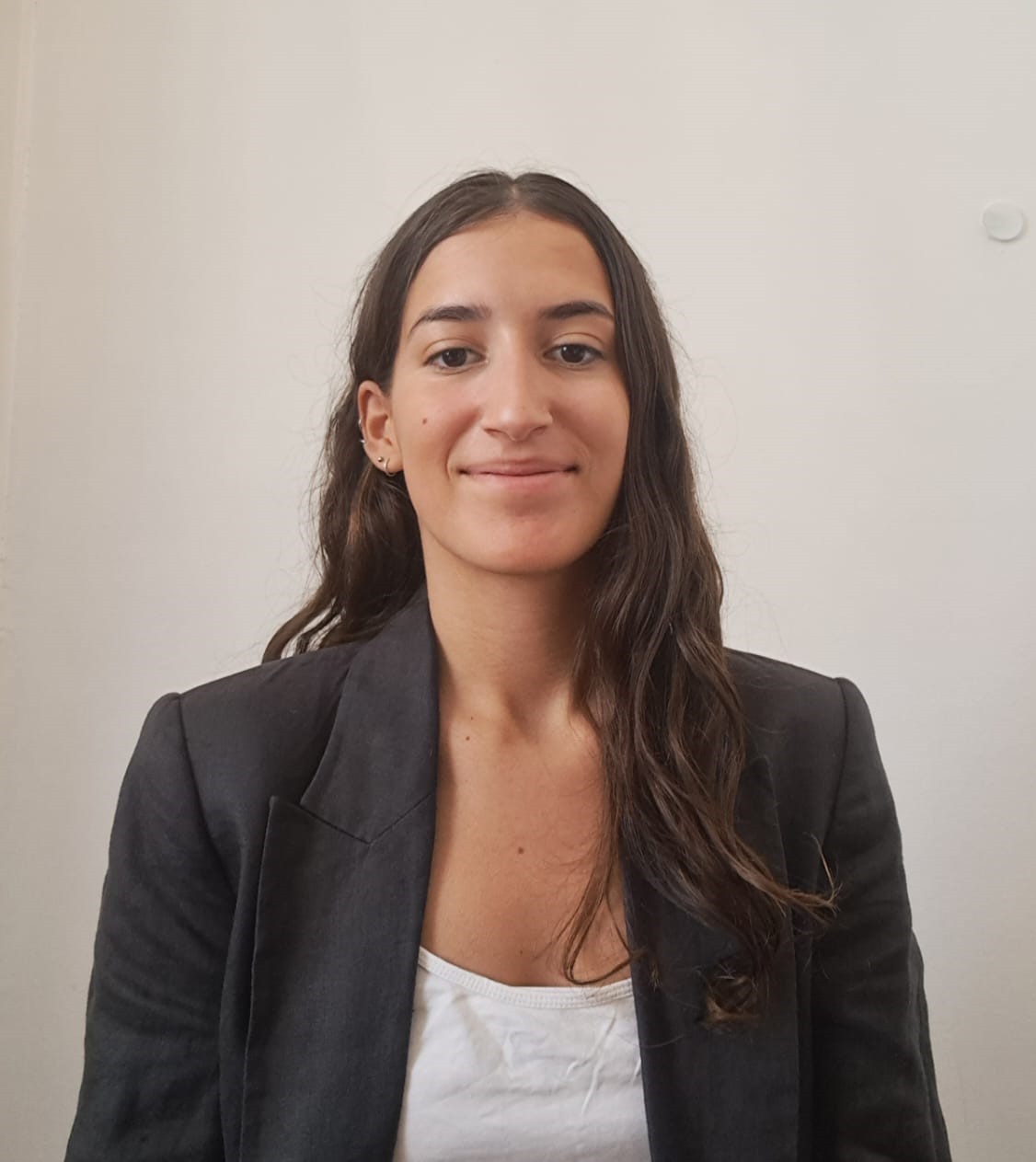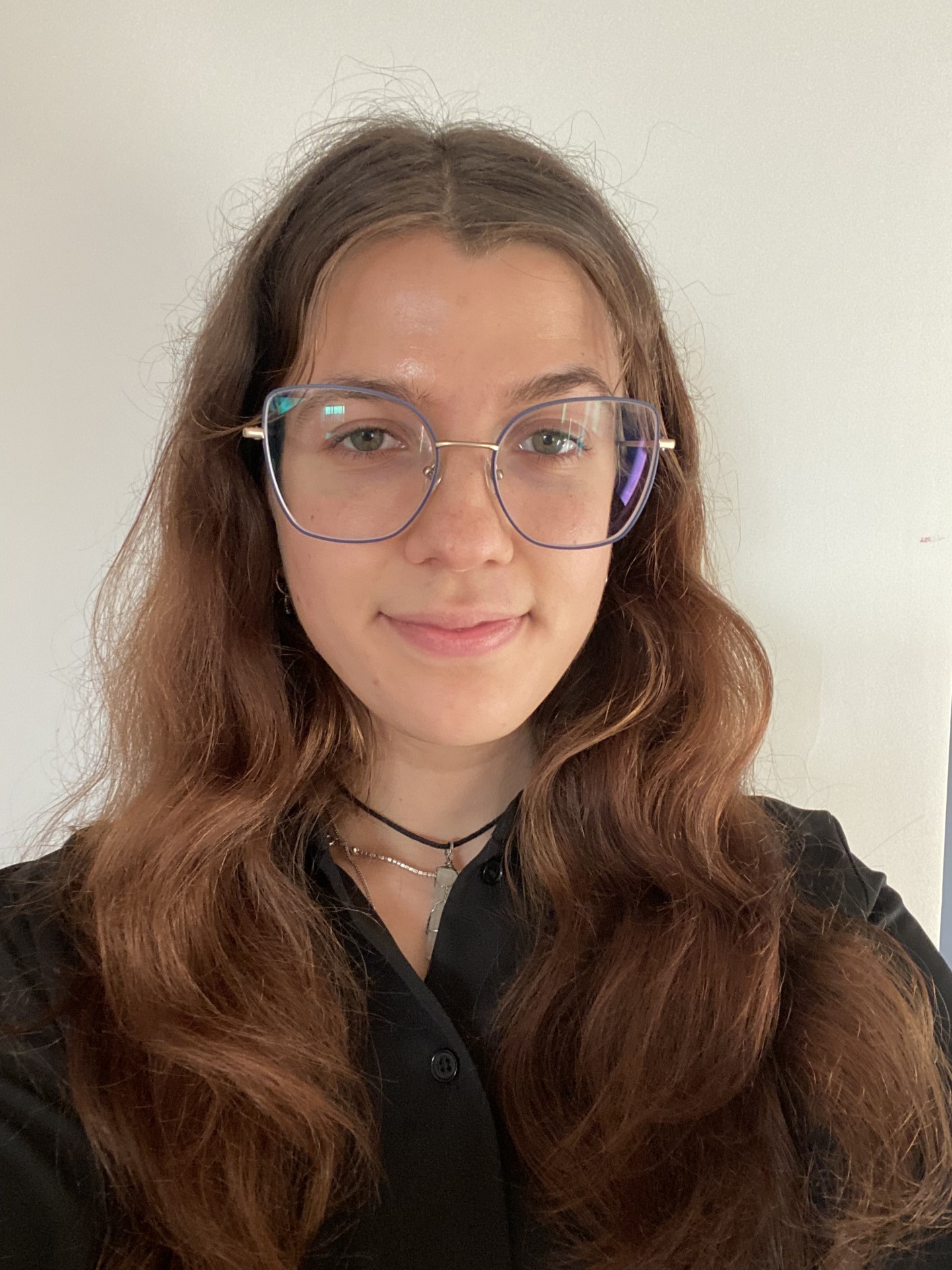Undergraduates
|
|
|
|
|
|
|
|
|
|
|
|
|
|
|
|
|
Undergraduate students are welcome to participate in the Center for Global Democracy in order to gain knowledge of international survey methods and applied experience on policy-relevant projects. There are two principal ways students may get involved: as Program Fellows and/or as Research Assistants. The lab also has several pathways for immersion projects. The center also offers several pathways for Immersion projects. Vanderbilt students with diverse majors work as research assistants alongside Center for Global Democracy staff, faculty, and graduate students. These undergraduate research assistants engage in meaningful research on public opinion in the Americas. Through this program, students gain hands-on experience in public opinion research, while simultaneously developing skills in data analysis, survey design, report writing, and more. Students interested in applying to the undergraduate research assistant program at the Center for Global Democracy should complete this interest form to be notified when the upcoming application is available. Note this is not the application for the Center for Global Democracy/LAPOP, simply the interest form to be emailed an application. Center for Global Democracy Fellows are immersed in survey research via independent study or by registering for PSCI3218 or a similar course offered occasionally under HONS1830W. Fellows learn and apply skills related to survey design, data analysis, and analytical writing. |
Spring '25 Vanderbilt Research Assistants
|
|
|
|
|
|
|
|
|
Amina Irizarry
Computer Science, Applied Mathematics
|
|
|
|
|
|
|
|
|
|
Grecia Ayala
Economics
|
|
|
|
|
|
|
|
|
|
Anthony Rodas
Political Science and Law, History, and Society
|
|
|
|
|
|
|
|
|
|
Cauã dos Santos Rodrigues
Human and Organizational Development and Political Science
|
|
|
|
|
|
|
|
|
|
Felipe Niño |
|
|
|
|
|
|
|
|
|
Rebeca Ferreira Gonçalves |
Spring '25 Torcuato Di Tella University Research Assistants
|
|
|
|
|
|
|
|
|
Abril Teran Frias
|
|
|
|
|
|
|
|
|
|
|
|
|
|
|
|
|
|
|
|
|
Valentina Maio
|
Previous Research Assistants
2024-2025 VU: Mariia Marchuk, Felipe Niño, Grecia Ayala
2023-2024 VU: Marco Navarro Stanic, Carson Viggiano, Elijah Hernandez, Anthony Rodas, Cauã dos Santos Rodrigues
2023-2024 UTDT: Paloma Rojas Silva, Abril Todorov
2022-2023 VU: Rosana Alfar, Ehab Alhosaini, Nikki Aminmadani, Danni Chacon, Brannen Dickson, Alyssa Dunsizer, Michael Gallego, Mark Grujic, Peixuan Li, Chase Mandell, Adin McGurk, Ria Mehrotra, Marco Navarro Stanic, Zacarias Negron, Katherine Oung, Isabella Randle, Allie Rounds, Sophia Xue, George Yang, Amy Zhang, Stanley Zhao
2022-2023 UTDT: Tomás Majevsky, Jazmín Los
You can read some of the Insight series written by our wonderful RAs from 2022-2023 here:
2022 &
2023
2021-2022 VU: Henry Green, Abhinav Krishnan, Adin McGurk, Abrianna Rhodes, Estelle Shaya, Amy Zhang, Bella Randle, Katherine Oung, Lauren Perry, Lily Chuck, Rohit Kataria, Allie Rounds, Sophia Xue, Isabella Randle, Ria Mehrotra, Chase Mendel, Peixuan Li, Michael Gallego, Brannen Dickson, Alyssa Dunsizer, Rosana Alfardo, George Yang
You can read some of the Insight series written by our wonderful RAs from 2021-2022 here: 2021 & 2022
2020-2021 VU: Nikki Aminmadani, Sam Chavez-Salinas, Cameron Deal, Brannen Dickson, Alyssa Dunsizer, Michael Gallego, Chase Mandell, Paul McDougald, Pauline Mireles, Anabelle Mirhashemi, Jasmin Norford, Joshua Peng
2017-2018 VU: Campos, Caleb Harper, Christine Huang, Panzardi, Lachanda Reid, Southworth, Alexa Bussman, David Castro, Alyssa Chvasta, Roberto Colon, Guzzon, Caleb Harper, Hutchings, Sephora Leon, C.J. Roebuck, Linzy Scott, Graciella Sfirri, Tanya Wadhaway
2016-2017 VU: Jaymee Cole, Christine Huang, Noemi Monnerville, Hannah Stack
Previous Research Fellows
2023-2024: Daniel Ardity, Audrey Heffernan, Krishna Kalyan Podishetti, William Royster, Sam Schulman
2022-2023: Chase Mandell, Danni Chacon, Marco Navarro, Owen Cai
2021-2022: Ehab Alhosaini, Adrianna Rosario Surillo
2020-2021: Jasmin Norford, Isabella Randle, Amy Zhang
2017-2018: Lachanda Reid, Giordano, Darby Howard, Kelly, Koo, Kosowsky, Latson, Lischer, Marwaha, Panzardi, Paul, Linzy Scott, Graciella Sfirri, Sharma, Xie
2016-2017: Jaymee Cole, Christina Huang, Noemi Monnerville, Hannah Stack, Pawel Durakiewicz, Gabriel, Caleb Harper, Larson, Lynn, Marquez
2015-2016: Lauren Pak
2014-2015: Emily Stewart
2013-2014: Jessica Moore, Laura Silliman
2012-2013: Jessica Brunelle, Isaiah Marcano
2011-2012: Brandon Bell, Maria Griffin
The LAPOP Undergraduate Research Fellows program offers selected students the opportunity to learn the science of surveys, while working to create an original research project. Fellows spend some time in the LAPOP institute working alongside research staff and graduate students to gain hands-on experience, while simultaneously working through assignments that transfer knowledge and build skills in survey analysis and report writing.
Students may participate via independent study or via a seminar (PSCI 3218). Occasionally, an honors seminar is offered. Interested students should contact Professor Zechmeister or Professor Lupu to inquire about which channels are an option.
In Their Own Words
"My favorite project so far was one that included coding survey data to create a set of wordless to show US attitudes toward Mexico. I've also worked on literature reviews about non-response rates and public opinions about climate change. As a research assistant, I've learned how to manage and analyze data, and how to work with team. LAPOP has given me opportunities to use my Spanish language skills and to learn more about topics that interest me."
— Alexa Bussmann, Senior, LAPOP Advanced Undergraduate Research Assistant
“While working in LAPOP, I’ve had the opportunity to explore a variety of research methods. I’ve especially enjoyed the projects which allow me to work with AmericasBarometer questionnaires — such as a project I completed last year in which I translated questions to best match the vocabulary of each country in the survey round. From looking at question construction and translation, to auditing surveys and examining data, working at LAPOP has enabled me to see the whole process of carrying out a complex public opinion survey.”
— Grace Adcox, Senior, LAPOP Advanced Undergraduate Research Assistant
“I really enjoy how every task I do with LAPOP challenges and engages me in a distinct way that helps me further develop different skills. It's humbling to know that I can help with such an important project that has such a tremendous impact.”
— Sam Chavez-Salinas, Sophomore, LAPOP Undergraduate Research Assistant
“My first experience with LAPOP was through a Public Opinion and Democracy in LAC seminar I took with Dr. Zechmeister. I was fascinated by the AmericasBarometer survey implementation process, and the way that people’s voices could be collected and transformed into a comprehensive analysis of a broader situation. My favorite part of the class was writing an Insights report about human rights protection: it was so much fun! I love being a LAPOP research assistant because I know I am contributing to the body of knowledge academics and policymakers utilize to improve people’s lives.”
— Isabella Randle, Sophomore, LAPOP Undergraduate Research Assistant
Immersion in LAPOP Lab
LAPOP Lab offers multiple opportunities for hands-on training and experience in survey data collection, statistical analysis, and report writing. Lab-affiliated undergraduate students team with faculty, research professionals, postdoctoral fellows, and graduate students and work on a variety of public opinion projects, including the award-winning AmericasBarometer survey.
The lab offers several pathways for immersion projects. A typical sequence is “learn-research-write”, in which students learn by taking a skills-based course; research by joining the lab’s Fellow program via a formal course, an independent study, or a summer research program; and write by developing an independent research paper or honor’s thesis.
Learn. Courses that offer relevant skills for analyzing survey data include, but are not limited to, the following: ANTH 3261 (Introduction to GIS and Remote Sensing), DS 1000 (Intro to Data Science), DS 2100 (Statistics for Data Science), ECON 3035 (Econometric Methods), PSCI 2300 (Intro to Data Science for Politics), PSY-PC 2120 (Statistical Analysis), PSY-PC 3743 (Factor Analysis), PSY-PC 3746 (Multivariate Statistics), and PSY-PC 3737 (Structural Equation Modeling). LAPOP Lab also offers training in analyzing survey data via the Fellows program, PSCI 3218 (Public Opinion and Democracy in Latin America), and an occasional honors course.
Research. Undergraduates apply to be LAPOP Undergraduate Research Fellows via enrollment in a course (PSCI 3218), enrollment in an independent study (PSCI 3851/2), and/or successful application for a summer research opportunity that can be carried out within the lab (e.g., VUSRP, DSI-SRP).
Write. A typical immersion capstone project is an independent study research paper (PSCI 3851/2) or honor’s thesis (PSCI 4998/9), using data gathered via research in the lab. Information on requirements for the PSCI major honors program is available at www.vanderbilt.edu/psci.
Students interested in Immersion in LAPOP Lab are encouraged to send an email to both of the lab’s directors, Professor Zechmeister and Professor Lupu, to discuss options for immersion paths and projects. Email: liz.zechmeister@vanderbilt.edu and noam.lupu@vanderbilt.edu.

